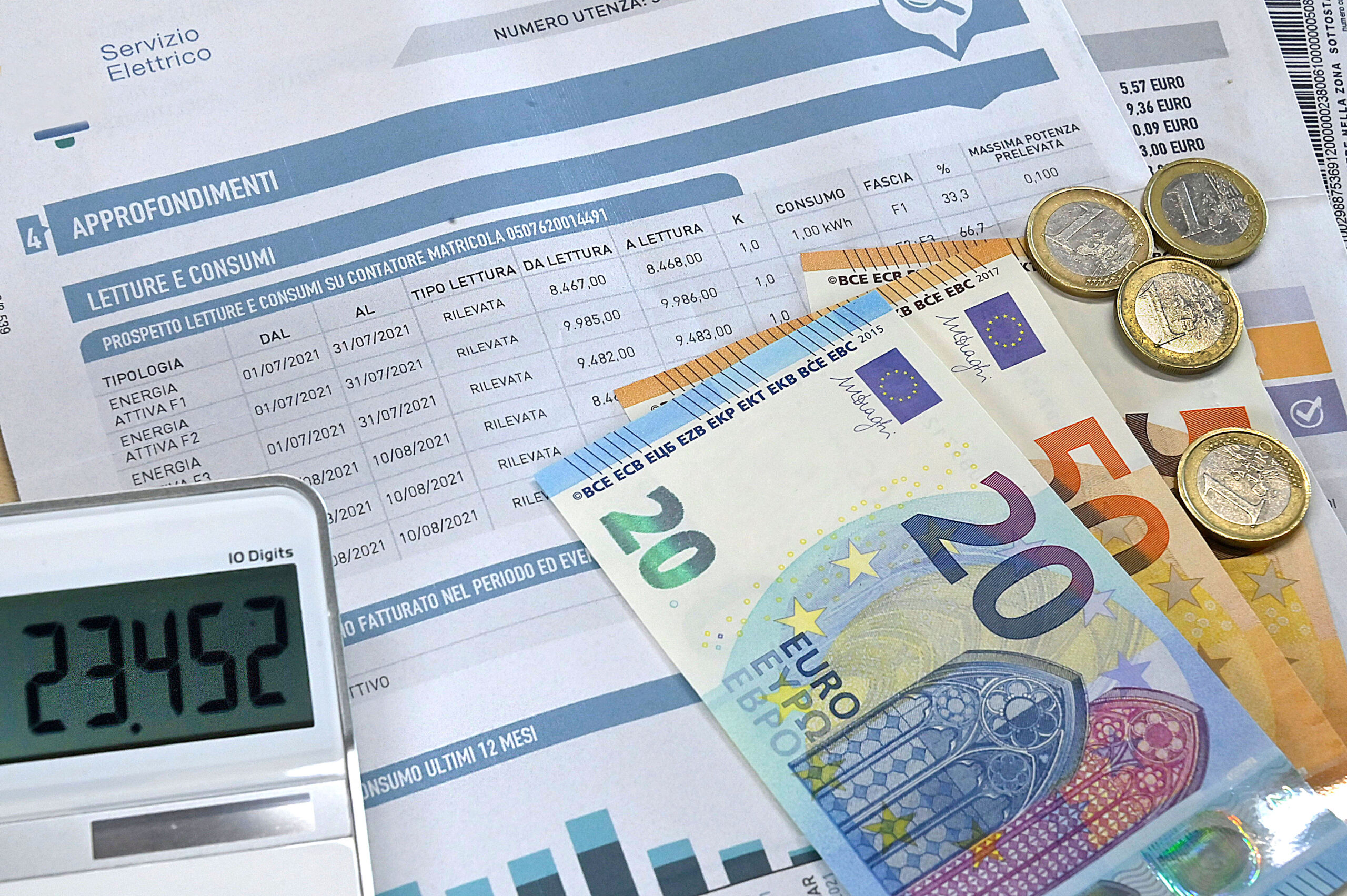Expensive consumption worries many people. Energy and heating tariffs have recently witnessed a substantial increase in the values indicated. So it is legitimate, perhaps even a duty, to rationalize consumption and try to imagine valid alternatives to lower expenses. Some systems are proving to be particularly forward-looking, as well as being environmentally friendly.
In particular, the concept of an energy consumer community is becoming more and more widespread. Indeed, our legal system has foreseen incentives and deductions that can last up to 20 years. There is also excellent news regarding the possibility of dividing the amounts. This not only through the mechanism designed by ARERA, but also through the forecasts of large distributors. In this way the amounts can be divided for a duration of up to 10 months. Furthermore, we can also increase the attention we pay to the information that is shown to us in the bill. These indicate values that may not correspond to the contracts we have chosen, or be reasons for avoiding payment.
On the electricity and gas bill, we always pay attention to these 3 crucial information to pay less
First of all, within our bill and often on the second page, we can check the type of accredited consumption. In many cases, this could be consumption that is estimated, not actual. The amount that we are required to pay, in case of concrete low use, could therefore be much higher than we imagined. The difference between the real and assumed amounts would be credited back to us only in the future and tend to be compensatory.
It seems trivial to say, but sometimes, on the electricity and gas bill, a contractual profile different from the one that belongs to us could be applied. Let’s think, for example, of the rate for a so-called “resident” user. The latter, for example, is not required to pay anything for the first 150 kilowatts per hour per month, as long as the meter has a maximum power of 3 chilowatt. Instead, non-residents are required to pay fixed charges which can correspond to several tens of euros per year and which are divided into the amounts of the various bills.
Finally, let us recall a legal aspect. After 2 years, the credit claimed by the distribution company is not collectable. If we were therefore credited with an amount referring to a period prior to 2 years ago, we can make a complaint. After this deadline, the right to payment of the amount expires, and we will not be required to pay it.
Recommended reading
–


